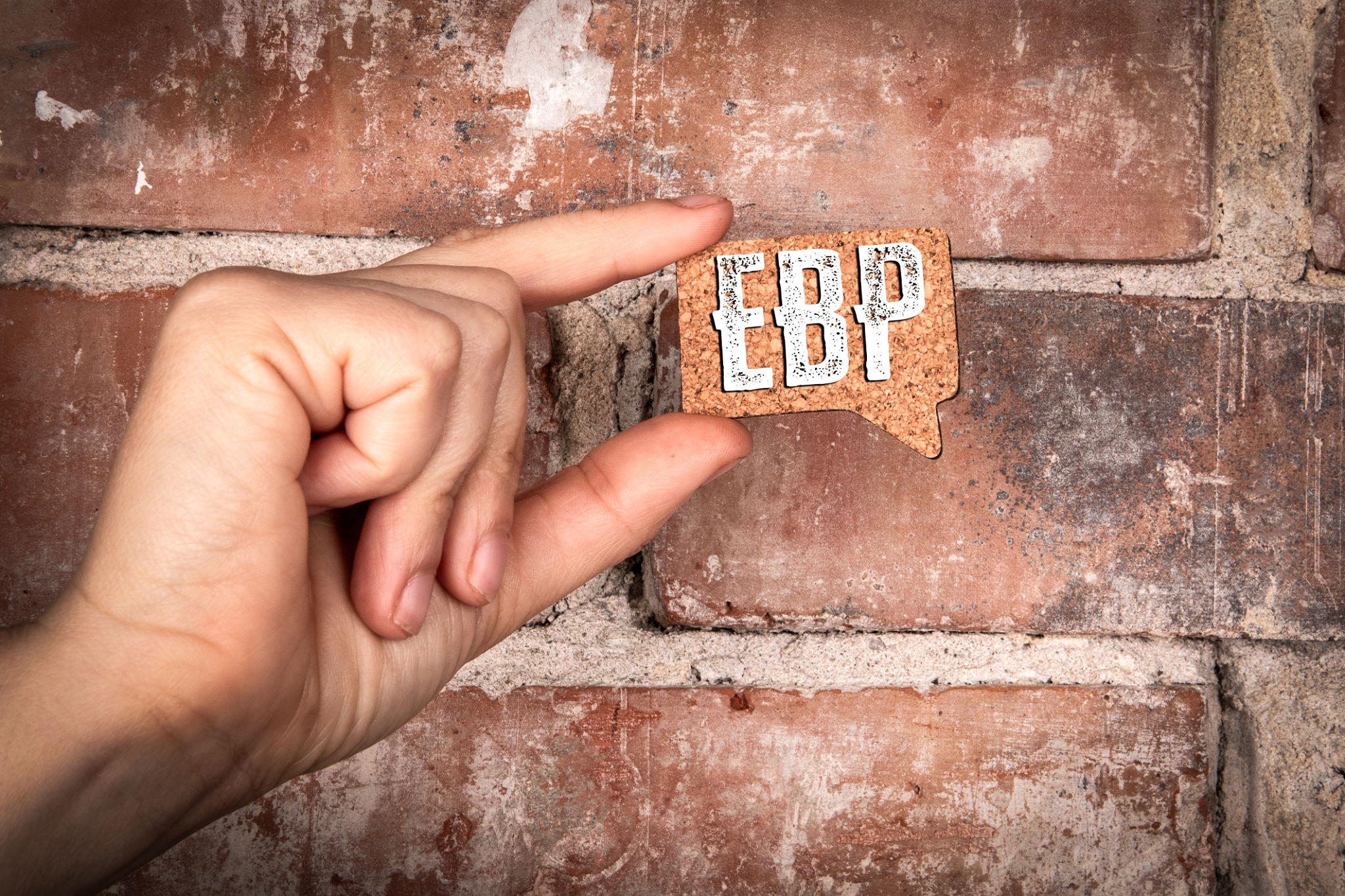Exploring the Latest Trends in NLP Therapy
Understanding NLP Therapy
Neuro-Linguistic Programming (NLP) therapy has become a popular method for personal development and therapeutic intervention. This approach focuses on the relationship between neurological processes, language, and behavioral patterns learned through experience. By understanding these connections, NLP therapy aims to enhance one's personal development and communication skills. It can be particularly useful in overcoming phobias, anxiety, and other psychological challenges.

The Rise of NLP Therapy
In recent years, NLP therapy has gained traction in both clinical and self-help settings. Its rise in popularity can be attributed to its flexible and adaptable techniques, which are designed to empower individuals to achieve their goals. Unlike traditional therapeutic approaches, NLP therapy often involves a more interactive and dynamic process, making it appealing to many seeking a more engaging form of therapy.
Key Techniques in NLP Therapy
NLP therapy encompasses a variety of techniques aimed at restructuring thought patterns and behaviors. Some of the most commonly used techniques include:
- Anchoring: Associating a particular mental or emotional state with a specific stimulus.
- Reframing: Changing the way a situation is perceived to alter its meaning and impact.
- Modeling: Observing and replicating successful behaviors and strategies from others.
The Role of Technology in NLP Therapy
Technology is playing an increasingly significant role in the evolution of NLP therapy. With the advent of virtual reality and AI-driven applications, therapists can now offer more immersive and personalized experiences. These tools can simulate real-life scenarios, providing clients with a safe environment to practice new skills and behaviors. As technology continues to advance, it is likely that its integration into NLP therapy will expand even further.

Online NLP Therapy Platforms
Another trend gaining momentum is the rise of online NLP therapy platforms. These platforms offer clients the convenience of accessing therapy from the comfort of their homes. Through video conferencing and digital resources, individuals can engage in sessions tailored to their needs. This accessibility makes NLP therapy more available to a broader audience, breaking down geographical barriers and reducing costs associated with traditional therapy sessions.
Evidence-Based Practices in NLP Therapy
As with any therapeutic approach, evidence-based practices are critical to ensure effectiveness and credibility. Researchers are continuously exploring the impact of NLP therapy on various psychological conditions. While some studies show promising results, ongoing research is necessary to further validate these findings and establish standardized protocols for practitioners.

The Future of NLP Therapy
Looking ahead, the future of NLP therapy appears promising as it continues to adapt to contemporary needs. The integration of new technologies, combined with an ever-growing body of research, suggests that NLP therapy will remain a valuable tool for personal development and psychological well-being. As more people become aware of its benefits, it is expected that interest in this innovative approach will continue to grow.
Conclusion
NLP therapy offers a unique blend of techniques and approaches that empower individuals to make meaningful changes in their lives. By exploring the latest trends in NLP therapy, we can gain a deeper understanding of its potential impact and how it can be effectively utilized in various contexts. Whether through technological advancements or evidence-based practices, NLP therapy is set to remain an influential force in the realm of personal development and mental health.